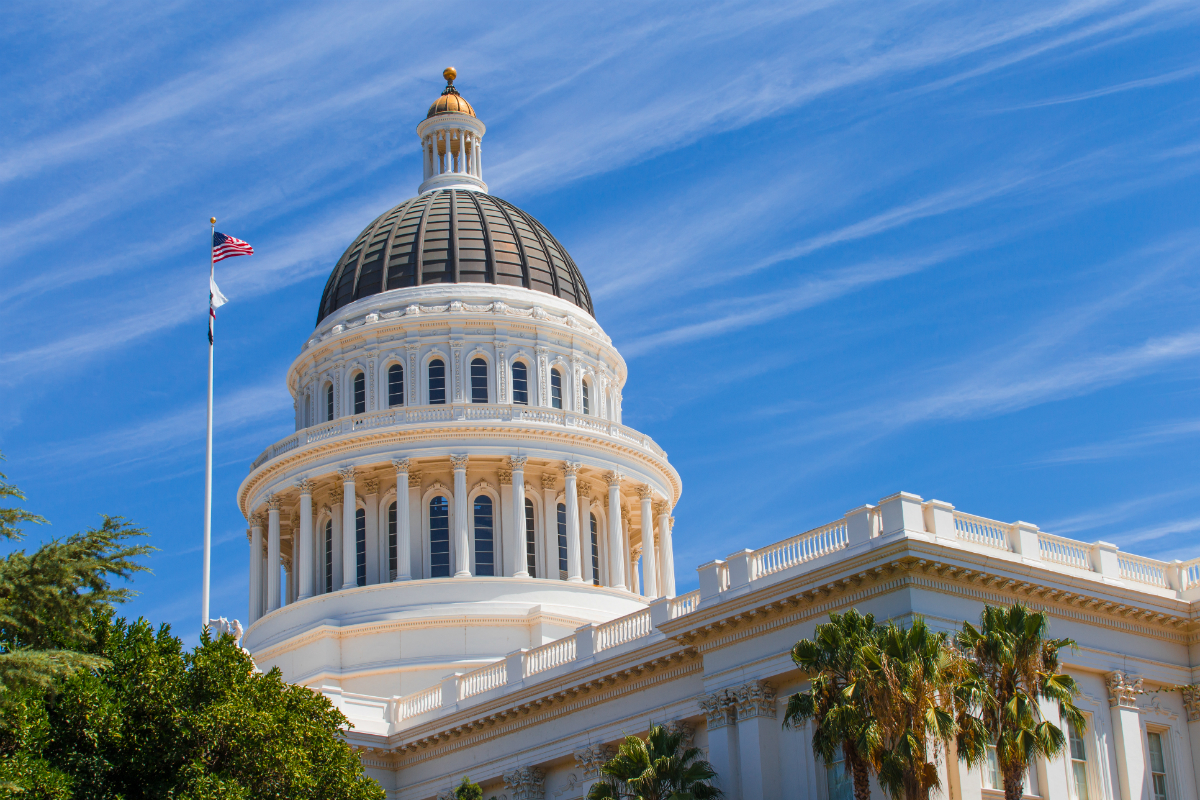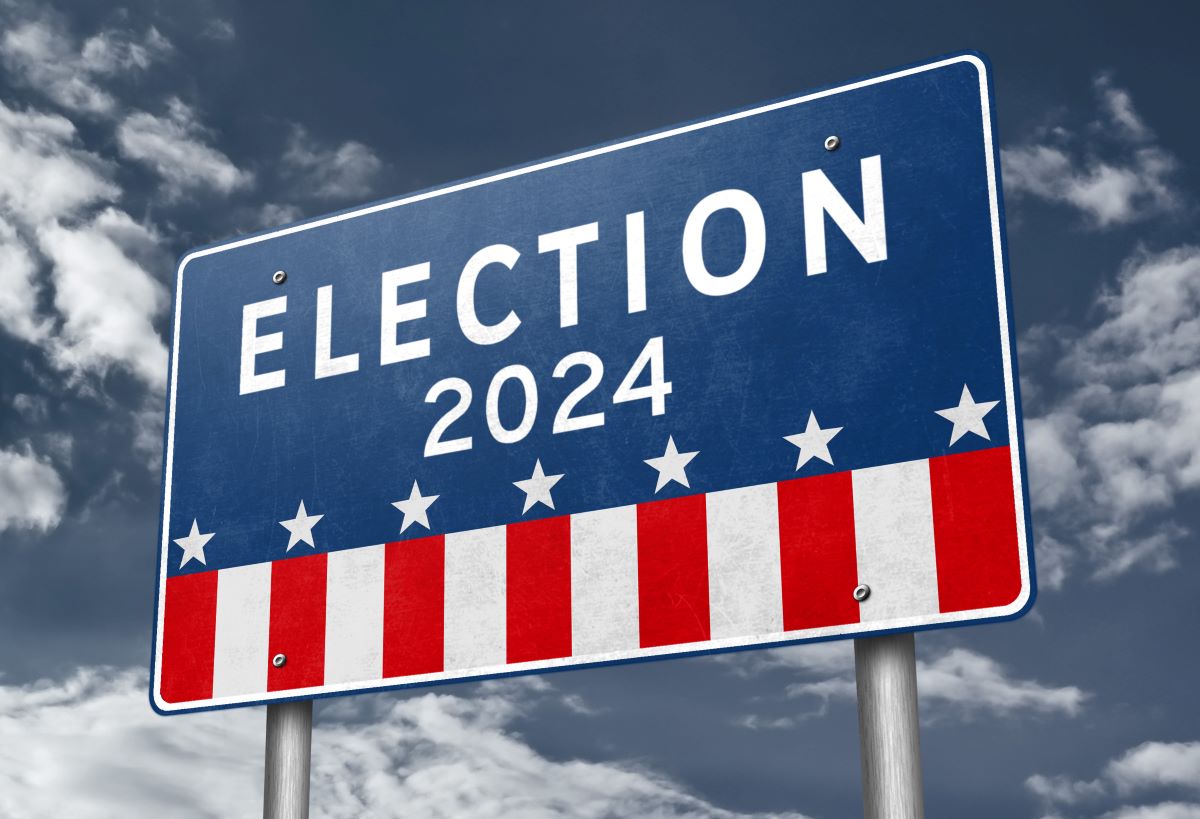Update: On Nov. 17, the Fair Political Practices Commission (FPPC) discussed the application of amendments to Government Code Section 84308 more fully described in the blog below. The FPPC’s staff attorneys had proposed the commission issue an opinion advising that Government Code Section 84308, as amended Senate Bill 1439 (Glazer, D-Orinda), should be interpreted to permit looking back to contributions received and proceedings conducted by local agencies in 2022. However, commission members unanimously disagreed.
Chair Richard Miadich and commissioners provided notice of how the law will be interpreted by the commission, effective Jan. 1, 2023. The commissioners unanimously supported the position that SB 1439 does not include proceedings conducted or contributions received by officials in 2022. Miadich referred to the FPPC’s historical choices to delay counting contributions prior to enactments (in 1983 and again in 2019) and successfully argued that the commission should not consider proceedings or contributions made to local government agency members in 2022.
In consideration of the upcoming holiday and allowing time for counsel to draft a new memo in accordance with its unanimous decision, a special meeting will be scheduled in December so that commissioners can adopt a newly drafted opinion supporting their determination that 2022 contributions and proceedings should not be counted in 2023.
Original post: School and county board members are now subject to the “pay-to-play” campaign contribution restrictions previously imposed on appointees and candidates for office serving on state and local agency boards and commissions and on agency heads. First authored by Assemblymember Mel Levine in 1982, Government Code Section 84308 was signed into law as an anti-corruption measure by then-Gov. Jerry Brown in response to campaign contributions made to commissioners by individuals with permit applications before the Coastal Commission.
According to the author and supporters of SB 1439, the impetus to include elected local officials, their campaign contributors and local agency heads in this anti-corruption statute was the campaign contributions made to local officials in Los Angeles involved with a property rezoning application that would have permitted the construction of an apartment project. This situation, which ended poorly for the applicant who was convicted of a felony for conspiring to commit campaign money laundering, supported the legislative effort to apply these campaign contribution restrictions and conflict-of-interest provisions to elected local agency officials, their campaign contributors and the heads of local agencies.
SB 1439 is primarily directed at land use entitlements approved by county boards of supervisors and city councils, but its restrictions, disclosure and recusal requirements will affect all contracts approved by local agency boards except for labor agreements, competitively bid contracts and personal employment contracts. The FPPC has advised that “competitively bid” contracts are those contracts that are for a fixed sum and require the local agency to accept the lowest responsible and qualified bidder. Agreements with bargaining units and with district superintendents are exempted from the requirements in SB 1439.
Beginning Jan. 1, 2023, SB 1439 will require that:
- A board member may not accept, solicit for, or direct to another, including to local ballot measures, a contribution of more than $250 from a party or participant involved with a non-exempt contract while the contract is pending and for 12 months after the final decision on the contract.
- Any board member who received a contribution of more than $250 during the previous 12 months from a party to a contract or their agents, or from a participant who is involved with the contract or their agents, must disclose the contribution during the public meeting in which the contract is being considered and may not participate in making, or in any way attempt to use their official position to influence the decision on the proposed contract.
- A board member who receives a disqualifying contribution prior to action being taken on the contract, may return the payment within 30 days of when the officer knew or should have known that it affected the contract, and if returned on a timely basis, may thereafter participate in the decision-making process.
- If an officer unknowingly receives, solicits or directs a contribution of more than $250 within 12 months after the date of the final decision on the contract, the officer may return the contribution, or the portion in excess of $250, within 14 days of receiving, soliciting or directing the contribution and not be subject to penalties for violating Section 84308.
- Any party to the contract who has made a contribution of more than $250 12 months prior to a meeting in which the contract is being considered must disclose the contribution during the meeting.
- Any party to the contract or participant involved with the contract considered by the board may not make a contribution of more than $250 during the proceeding or contribute to an officer for 12 months after the date of the final decision on the contract.
The restrictions, disclosures and recusals above apply to elected board members, successful candidates and agency heads such as school superintendents and city managers. Please note that contracts involving professionals and/or their firms engaged in local facility bond and parcel tax measures will be subject to the restrictions imposed by SB 1439.
Staff attorneys with the FPPC have recommended that for any contract approved by a local agency board in 2022, SB 1439’s 12-month restrictions on campaign contributions should also apply to local officials prospectively in 2023. Further, the attorneys have recommended that board members who received a campaign contribution of more than $250 from a contributor in 2022 should not be permitted to take part in a proceeding involving a contract in which that contributor is a party or participant for 12 months following the acceptance of the contribution.
However, FPPC attorneys have also recommended that contributions from 2022 can be returned within the first 30 days of knowing that a contract with the contributor is coming before the board in 2023, if it was not previously known by the recipient that a contract with the contributor would be before the agency board in 2023. If the knowledge requirements are met and the contribution is timely returned, the board member may then participate in the contract review and approval process.
The commission will be asked at its November meeting to approve issuing a legal opinion that would apply the restrictions of SB 1439 in 2023 for conduct in 2022 and to promulgate regulations implementing the new restrictions.
A violation of Government Code Section 84308 may result in fines and penalties levied by the FPPC or in a misdemeanor charge for a knowing or willful violation.





